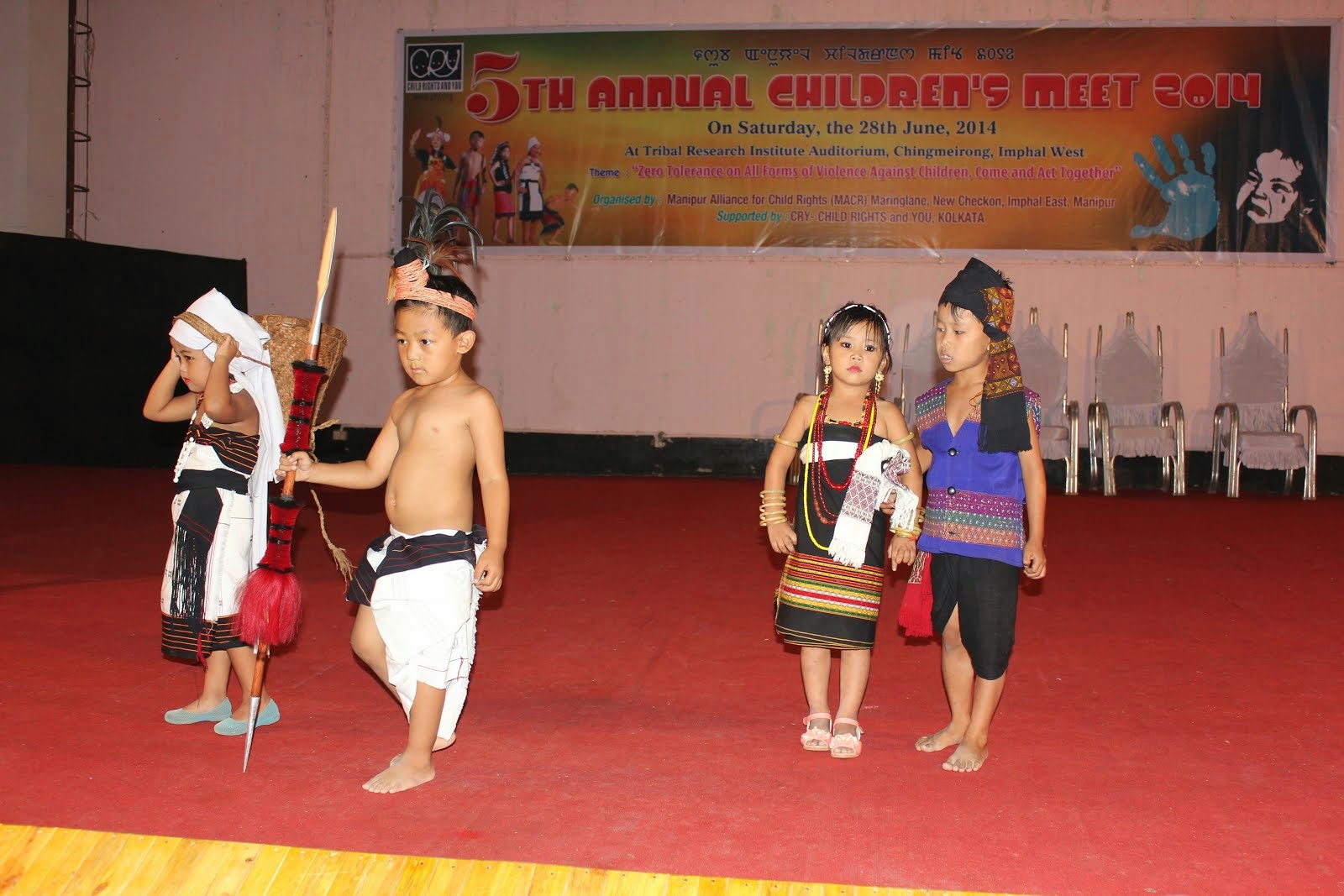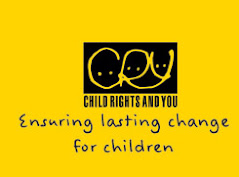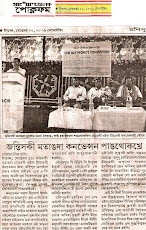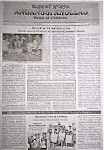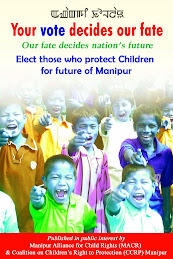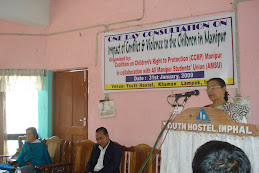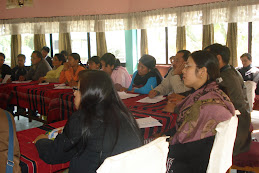Through the prism of human rights, though, things are far from OK. Nearly 20 percent of the region’s children between the ages of 11 and 17 are involved in prostitution, a 2008 report by Global Organization for Life Development, an organization that helps trafficking victims, said.
That figure is believed to have grown at a rate of about 5 percent per year, leading experts to identify the region as a major center of human trafficking. And that's not likely to change anytime soon, they said. Poverty, often due to the region’s violence, is the catalyst that usually forces children into the flesh trade, according to the organization.
Most of the young girls who are forced into prostitution are from Assam state, followed by Meghalaya, Tripura, Nagaland, Mizoram, Manipur and the border disputed state Arunachal Pradesh, the report said. Some are sold to brothels in Pune, Mumbai and other metropolises.
“While any violence, sexual or otherwise, exacted on children is condemnable, abject poverty is the root cause,” said Gopi Venkataraman of Give India, a non-profit focused on human rights.
Destitute parents are often made to sell their own children, she said.
“Educating parents and providing them means to earn a living can reduce this evil,” she said. “Vigilance by parents or community is important to prevent trafficking.”
Impulse Asia, another organization in northeast India, reports large-scale sexual exploitation of children in the region.
“Human trafficking is an abuse to human rights, with women and children being the predominant victims,” said Shoma Chatterji, an activist and author of "Gender and Conflict."
Traffickers have shown interest in girls from India's northeastern regions because of their distinctive features, experts say.The region shares major international borders, which facilitate trafficking to other Asian nations and beyond.
“Cross-border trafficking can be controlled with strict monitoring,” Chatterji said. “The corrupt officials of the Border Security Force serving as accomplices to the felony need to be punished and the government should form bodies specifically looking into this.”
The region has seen a steady rise in the AIDS count, too, AIDS awareness group AVERT, Catholic Relief Services and other organizations say.
Though prostitution isn't the only reason why AIDS has spread profusely in the region – use of drugs via injections has spurred much of it – human rights groups are working to raise awareness among sex workers. The majority of the prostitutes participate in unprotected sex, which increases the chance of HIV infection.
“Children are sold to parts of India (often brothels) as parents cannot feed them,” said Susenjit Guha, a nationally known columnist. “Government should be able to ensure education for all."

